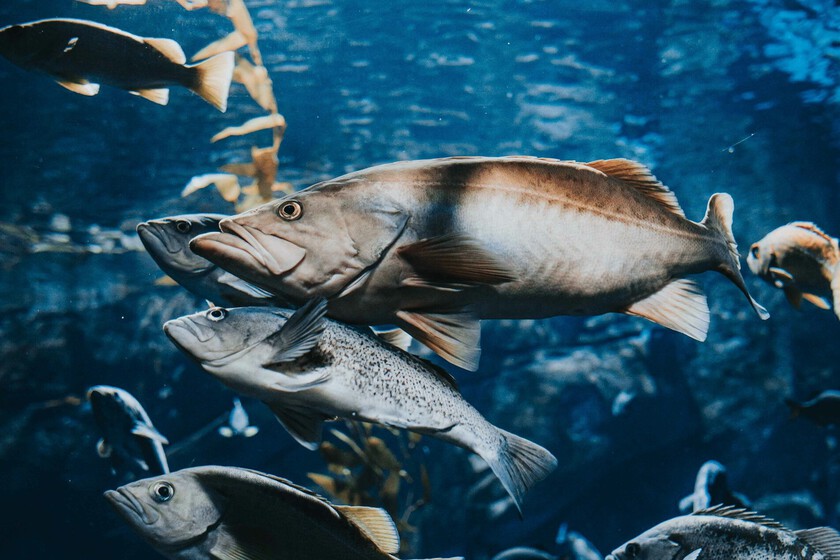To the list of creatures whose lives humans have complicated, we must add salmon, which now adapt to our taste for drugs.
First, it was cocaine. In June 2020, officials from the State Environmental Agency of North Rhine-Westphalia (LANUV) stumbled on a disturbing scene at a German fish farm: Atlantic salmon flailed frantically, tried to leap from the water and behaved chaotically.
Salmon in a frenzy. The agency documented the episode in its annual report under the title “Salmon on cocaine.” After testing stream water that fed the tanks, investigators ruled out pesticides, herbicides and common drugs before detecting cocaine and its metabolite benzoylecgonine.
A documented reality. The clear presence of cocaine in a nearby stream led researchers to conclude that illegal dumping of sewage—often from clandestine labs or trafficking networks—likely introduced the drug.
In the UK, Spain, Central Europe and elsewhere, scientists have detected methamphetamine, MDMA and other substances at levels low but sufficient to alter fish behavior.
A first paper. One study went further: Researchers deliberately exposed trout to river‑level doses of methamphetamine and observed signs of addiction, behavior changes and withdrawal when they returned the fish to clean water.
The experiments revealed that many drugs designed to affect the human brain also interact with the neural systems of other species, with unpredictable consequences.
And then came the anxiolytics. A team of scientists confirmed that drug residues in rivers reach wild fish and alter their behavior. They tracked 279 juvenile Atlantic salmon in Sweden’s Dal River after implanting them with slow‑release capsules containing clobazam, a benzodiazepine anxiolytic, and tramadol, an opioid analgesic.
What did they find? Salmon exposed to clobazam reached the Baltic Sea at higher rates than unmedicated fish and crossed hydroelectric dams up to three times faster. Scientists expected such boldness to reduce survival, but it actually sped migration.
“Artificial” bravery. Although reckless behavior helped salmon clear turbines more quickly, it also made them more individualistic and less likely to school—a key defense against predators.
Lab experiments showed medicated salmon left shoals more often, raising their visibility and risk once they reached open ocean.
Silent pollution. The research shows that psychiatric drugs trigger reduced fear, loss of social behavior and increased risk‑taking in wild fish at real‑world concentrations.
It adds to concerns about the “pharmaceutical soup” flowing down rivers: over 900 drugs, from antibiotics to antidepressants and chemotherapeutics, act on brain receptors common to many species.
A global threat. Ecotoxicology expert Karen Kidd warns the real danger lies in mixtures of substances whose combined effects are unpredictable.
Scientists say governments need advanced wastewater treatment to remove pharmaceuticals and encourage more biodegradable medicines before these constant chemical leaks undermine ecosystems built over millennia.
Meanwhile, between anti‑anxiety drugs that make them reckless and cocaine‑laced streams that scramble their senses, salmon face a new and unseen enemy: the invisible remnants of human addiction.
Image | Marcos Paulo Prado (Unsplash)
The post We’ve Been Drugging Salmon With Cocaine and Anxiety Meds. That Makes Them Behave Strangely appeared first on Xataka On.




